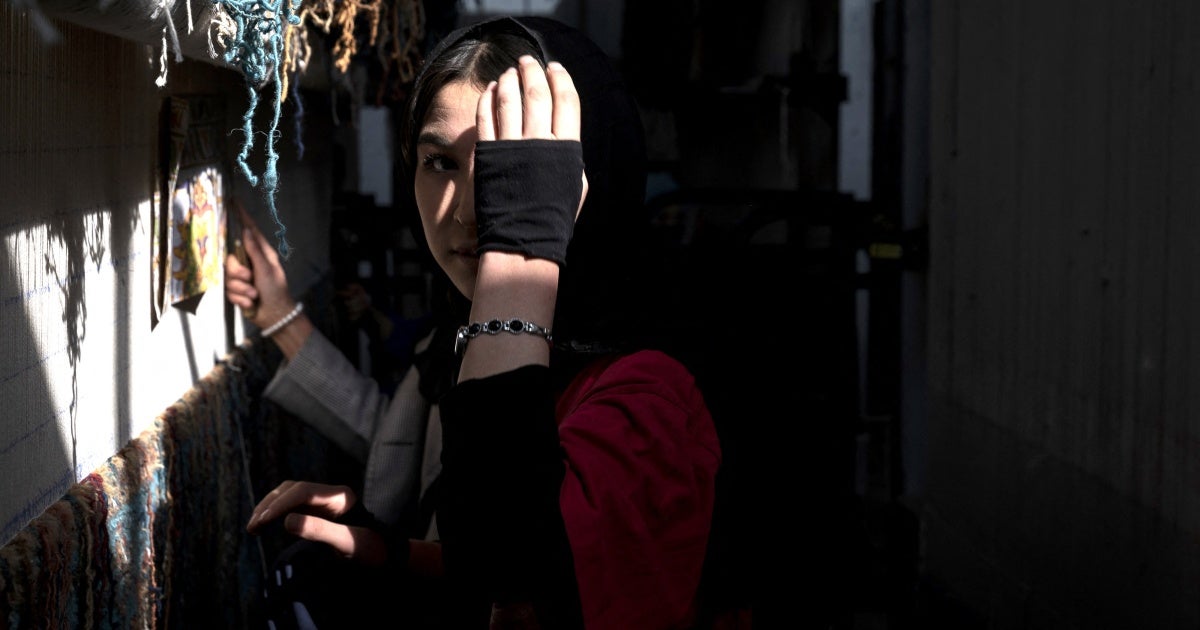The plight of Afghan women and girls under Taliban rule continues to demand the world’s attention. The 16 Days of Activism against Gender-Based Violence, observed from November 25 to December 10 and using the hashtag #16Days, is a crucial moment to unite.
The violence women and girls in Afghanistan face is structural and systematic. Girls are barred from education beyond grade six, constraining their future solely because of their gender. This has lifelong consequences for them and their country.
Metra Mehran, an Afghan activist campaigning for the recognition of gender apartheid as a crime against humanity, recently wrote: “How many fronts must we fight on? The Taliban? The political manoeuvring of UNSC [United Nations Security Council]? All-male, closed-door meetings of special envoys? Time for the women of Afghanistan, especially protesters leading civil resistance to be present in the room and make decision when we bear the consequences.”
Mehran’s words deeply resonated with me, as she highlighted the multifaceted violence Afghan women endure, from domestic abuse to societal oppression, structural violence by the Taliban, and even marginalization by those who should be allies, such as the United Nations and others in the international community. Mehran was referring to the UN’s exclusion of Afghan women from the June 2024 Doha 3 meeting, which for her exemplified betrayal by those obligated to uphold human rights. Denying half Afghanistan’s population representation erases their voice and agency; their very existence.
Over the past three years, the Taliban have systematically erased women from public life and doubled down on the patriarchal systems that already existed in Afghanistan. They have banned women’s voices outside the home and asserted that only men can make decisions about women’s lives, voice, body, and movement.
Furthermore, the Taliban compels men to enforce these orders. For example, when women protest Taliban rules or disregard Taliban-mandated dress codes, male relatives face punitive consequences. Men are pressured to enforce Taliban orders on “their” women. Even taxi drivers are prohibited from transporting unaccompanied women beyond a set distance. The imposition of male family members as mahrams (chaperones) further curtails women’s freedom of movement, deepening their dependence and isolation.
Despite these crushing abuses, Afghan women and girls are still fighting for their freedom. The Taliban should immediately end their attacks on Afghan women and girls. The UN and concerned governments should hold the Taliban to account for their crimes and prioritize Afghan women participation in all international discussions on Afghanistan’s future.



